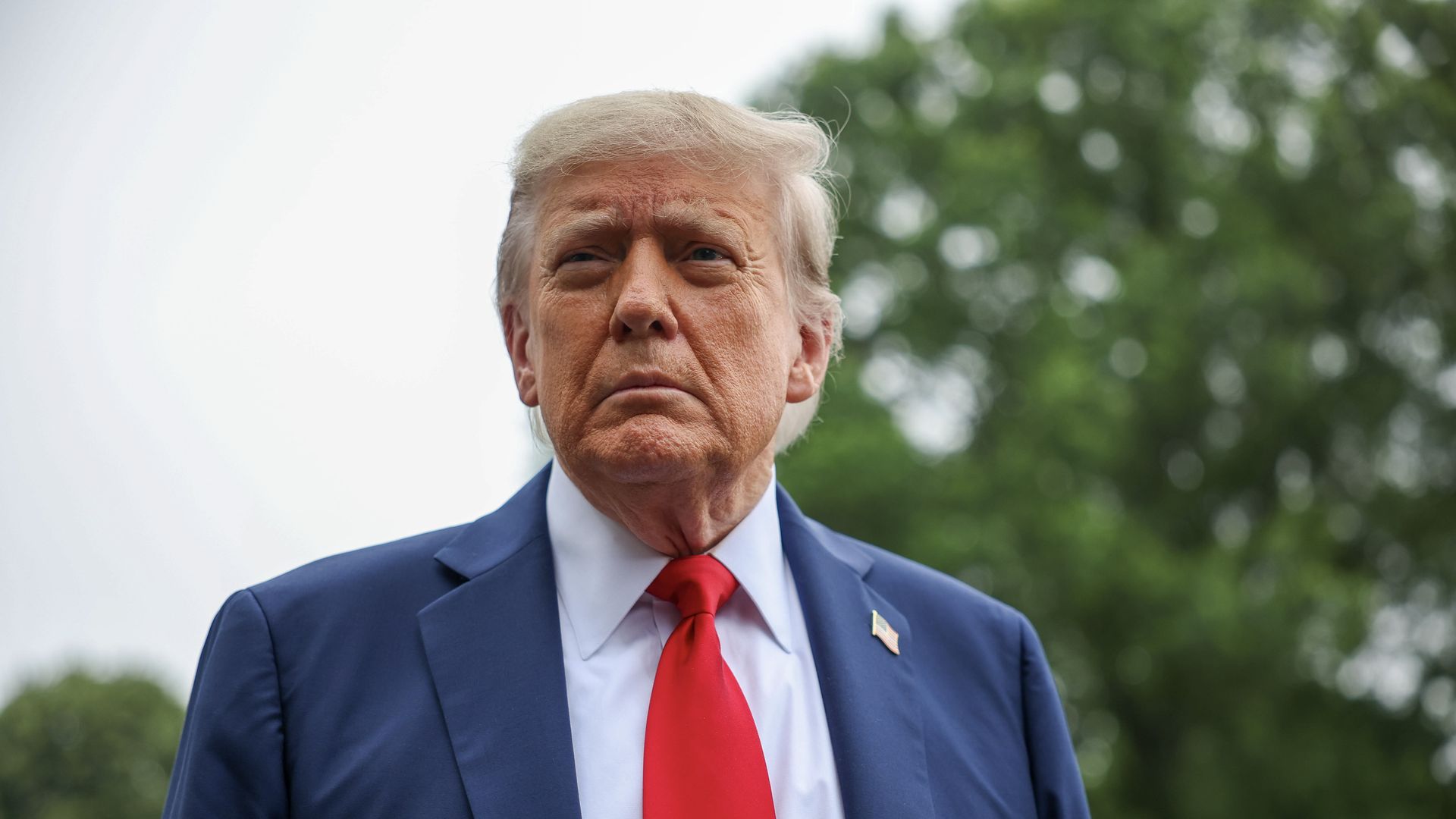Trump's Census Demand: Excluding Unauthorized Residents Sparks Debate
 United States
Politics
United States
Politics

Donald Trump is calling for a census that excludes unauthorized residents, sparking debate over representation and resource allocation in the US.
Trump's Census Call: Excluding Unauthorized Residents Sparks Debate
Former President Donald Trump is advocating for a revised census methodology that would exclude unauthorized residents from the population count. This proposal has ignited controversy and renewed discussions about representation and resource allocation.
Trump's stance reflects a long-standing debate over how undocumented individuals should be factored into the census, which has significant implications for congressional apportionment and federal funding distribution.
The Core Argument
The core argument revolves around whether the census should include every person residing in the United States, regardless of their legal status, or only citizens and legal residents.
The Trump administration previously attempted to exclude unauthorized immigrants from the census count, but these efforts were met with legal challenges.
Advocates for including all residents argue that excluding undocumented individuals would lead to an undercount, distorting representation and unfairly impacting communities with large immigrant populations. Conversely, proponents of exclusion contend that the census should prioritize citizens and legal residents, aligning representation with legal status.





